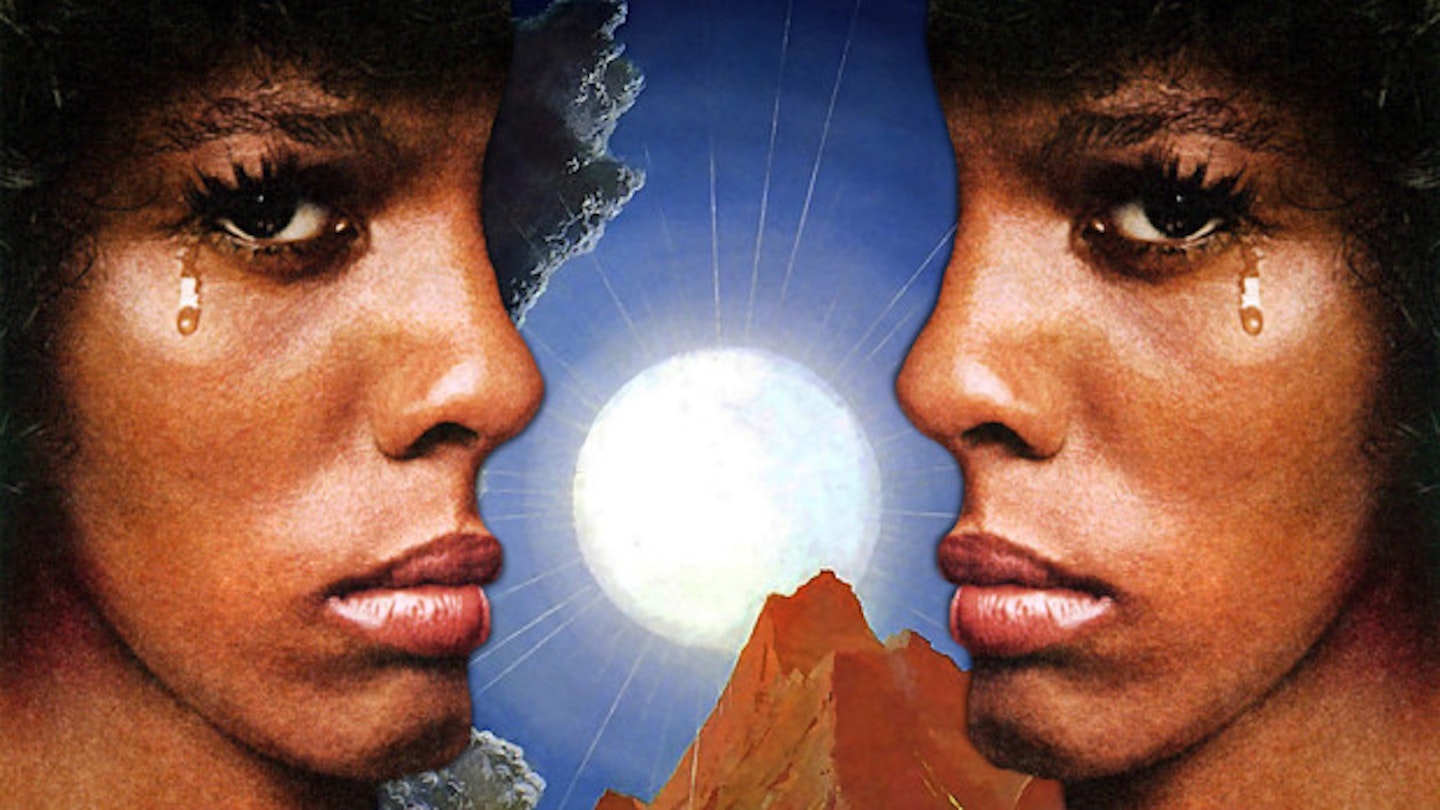How many white people do you know who use African American Vernacular English (AAVE) or a bastardised version of Caribbean Patois? Probably more than you think. Your white pal uses ‘bae’ to talk about their partner and exclaims ‘YASSSSS’ when they’re happy. Some even defend use of the N-word. White girls in Chelsea get ‘turnt’ and call their enemies ‘basic’, white boys from Peterborough say hello via ‘wha’gwarn’ and call each other ‘G’, and there’s a Tumblr’s worth of White People With the Word ‘Thug’ In Their Twitter Names.
My name is Bridget, I’m 23 years old, I’m a black woman – and I often feel a strange mixture of anger, embarrassment and upset when I hear any (or all) of the above and find myself reduced to such a narrow stereotype. It’s a point I’ve had to make repeatedly, including a drawn out Twitter argument with Perez Hilton who compared black women to Hitler after they criticised him for saying ‘inside every gay man is a fierce black woman’.
And it came up again last month, when the National Union of Students’ LGBT committee submitted a motion to ‘eradicate the appropriation of black women by white gay men.’ It was ridiculed by an unsettling alliance of gleeful right-wing media and older, well-known feminists who claim us young’uns and our social-justice-political-correctness Go Too Far.
In the days afterward, I found myself having to defend the fact myself and many other black women don’t like it when white people – men or women, gay or straight – use their voices and mannerisms to act ‘like we do’, usually for comic effect.
There are strong links between AAVE and the rise of the queer scene in the 80s, when LGBT people (of all races) created a language for themselves that relied heavily on the slang used by the black community. And it makes sense that marginalised communities find comfort with one another. But I’ve been told that speaking this way is somehow crucial to queer identity and that by saying I dislike white people ‘acting black’ I myself am racist for saying both white and black people have particular mannerisms.
However, some words and mannerisms are rooted in blackness, are seen as blackness and have all those horrible ‘ghetto’ connotations. It’s not that white people doing this are mimicking or even necessarily mocking black women’s behaviour, it’s that they’re mimicking the way they think black women behave, and it’s that the crucial – and harmful – difference.
When a white person puts on that tone of voice (you know which one I mean), snaps their fingers and twists their head proclaiming ‘ain’t nobody got time for dat’, they erase the nuances of actual black women’s lives and further simplistic and hurtful generalisations.
Black women are often seen as aggressive, stupid, over-sexualised, masculine and strong, stereotypes with consequences that are far more important than someone’s right to talk about their inner ‘black woman who don’t need no man’. Black women’s ‘aggression’ means we’re imprisoned more than white women, our hypersexuality allows rapists to believe we ‘want it more’, and our ‘fierceness’ leads the police to believe us less. Even little black girls are disciplined and expelled from school 10 times more than their white classmates.
Words have repercussions. Clothing yourself in blackness for a laugh, channeling a version of black womanhood that is not and cannot be universal is damaging. Just because the gay community might have been doing this for a long time doesn’t make it right, nor does it mean that black women haven’t been complaining about it for just as long.
During one Facebook exchange, someone asked, ‘If a gay white man feels that black womanhood resonates with some part of his identity shouldn’t he be free to express that?’ It made my blood boil. How can someone who has never been a black woman know enough about black womanhood to decide it ‘resonates’ with them?
AAVE started when black slaves had to carve out their own language in response to their native languages being lost. Gay white men’s experiences of oppression can be painful and sad, but they’re not mine (and vice versa), so deciding to co-opt the language of someone else’s struggle is not OK.
The only real issue I have with the NUS motion is how it specified gay men – culprits, yes, but by no means the only white people who do this. I’ve got to a point where I’m not so much hurt or angry about it, but embarrassed and bored – I promise, there’s nothing more cringe than a white boy who went to private school in Kensington using the word ‘blud’.
I know what it feels like to be a stereotype because this incorrect version of myself is peddled out as the default. There has become only one version of a black woman that a black woman is supposed to be, and I hate that weight of expectation. It’s hard for us to fit into this tiny box we’ve been given, yet the box becomes more concrete with every passing white person who reckons they’re a strong black woman, and again more concrete with every white person who ignores or refuses our pleas for them to stop.
Black women, apparently exist within so many white people, but are so rarely seen on our TV screens and magazines, in boardrooms and parliaments. If white people are so desperate to have black women around, we could perhaps try to start there.
Like this? You might also be interested in:
‘When I Was Violently Attacked, It Was Me The Police Arrested’
Meet The Black Women Fighting In Today’s Civil Rights Movement
Things You Only Know When You Date White Guys And You’re Not White
Follow Bridget on Twitter @BridgetMinamore
This article originally appeared on The Debrief.
